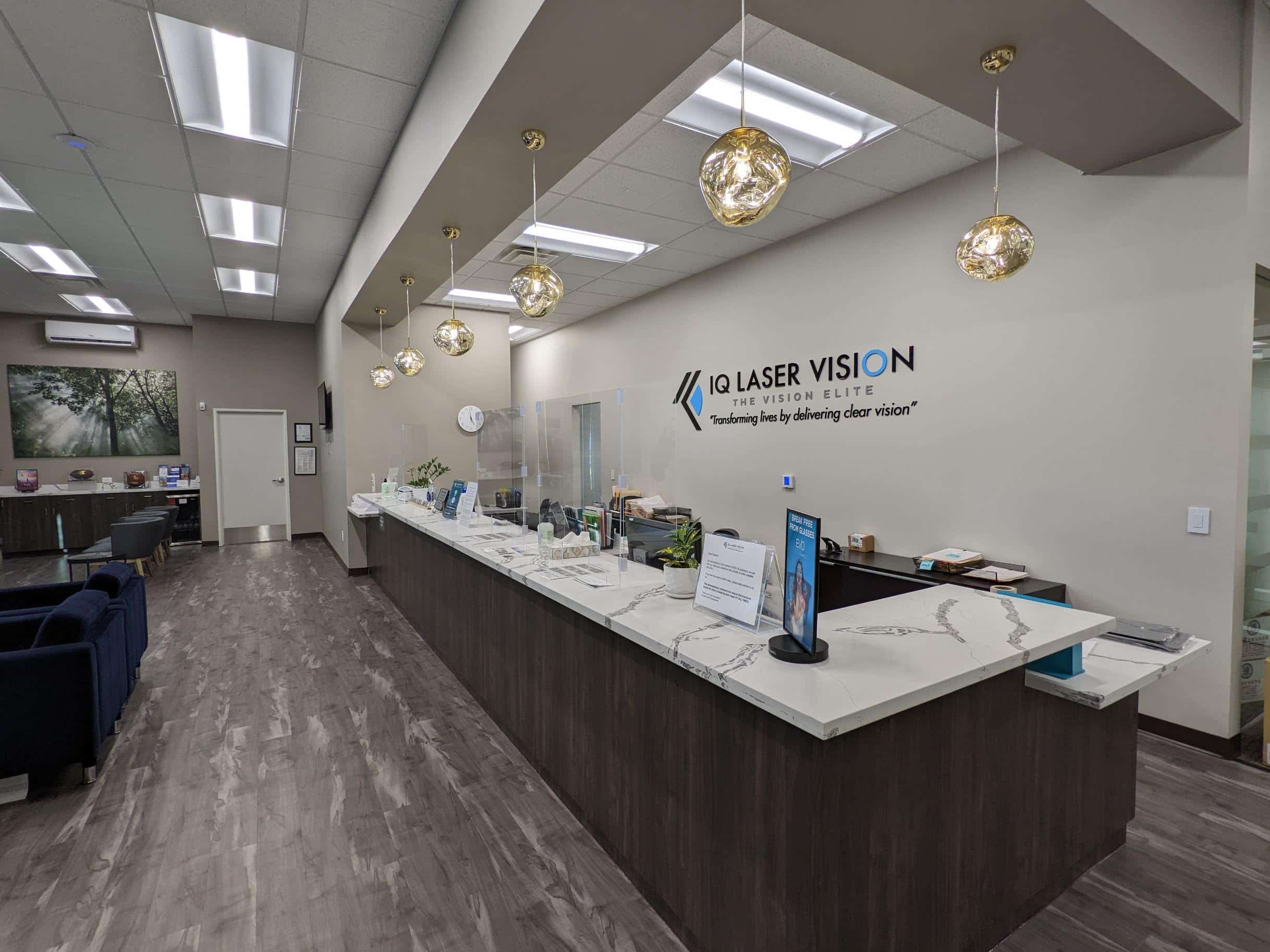By the time you reach your 60s your eyes have seen and experienced a lot. Despite the ups and downs of life and vision care across the spectrum. You’ve reached a new level that the Office for National Statistics identifies as the happiest stage of life.
Perhaps it’s the fact that you finally have a moment to rest in retirement after a lifetime of being busy. Perhaps it’s discovering the joy of grandchildren. While being able to rest at the end of the day when they go home. Whatever the case, happiness is in your sights.
Then, just as you reach the joy bracket in your 60s and beyond. You start to realize a whole new set of eye problems cropping up. But the good news is that you’re not alone, and these common problems don’t have to zap your happiness.
Consider this your quick-guide to vision care for a happier life into your 60s and beyond.
Be aware of your vision care needs
- Cataracts
As we age, the lenses of our eyes naturally harden. This leads to continued changes in the way your eyes see, and in the vision care you should follow in this new phase of your life journey. This lens hardening initiates the formation of cataracts, a clouding of the normally clear lens of the eye.
Cataracts is a natural part of the aging process, and can’t really be prevented no matter how great you’ve cared for your eyes over your lifetime. From 2010 to 2050, the number of Americans with cataracts is expected to increase from 24.4 million to 50.2 million, according to the National Eye Institute (NEI). The all-too-common condition leads to blurred and cloudy vision and diminished color vision. Left untreated, the worsening cloudiness can lead to blindness.
Your recommended vision care treatment plan
Cataract surgeries are some of the most common procedures in the U.S.—because nearly everyone will develop cataracts in their lifetime. While there are a variety of treatments available for cataracts, at IQ Laser Vision , we usually recommend one of several innovative solutions known as Refractive Lens Exchange and Refractive Cataract Surgery. Your eye specialist will determine which is right for you.
- Refractive Lens Exchange: RLE is a lens-replacement surgery that replaces your natural lens with an Intraocular lens (IOL). This short procedure is recommended for farsighted patients, or those with near-vision loss (presbyopia).
- Refractive Cataract Surgery: This treatment is similar to RLE (above), replacing the natural lens with an Intraocular lens. This surgery is for those who have developed cataracts, while RLE can be done to eliminate dependence on glasses.
As you approach and settle into your golden years, you shouldn’t have to worry about your vision. By staying on top of your vision care, your eye care specialist can help diagnose cataracts in its earliest stages and recommend a treatment plan that’s right for you.
There’s so much life to see and experience. Don’t let the cloudy vision from cataracts slow you down. Schedule your free consultation with the team that patients around the world areraving about—and keep your golden years the happiest time of your life.























